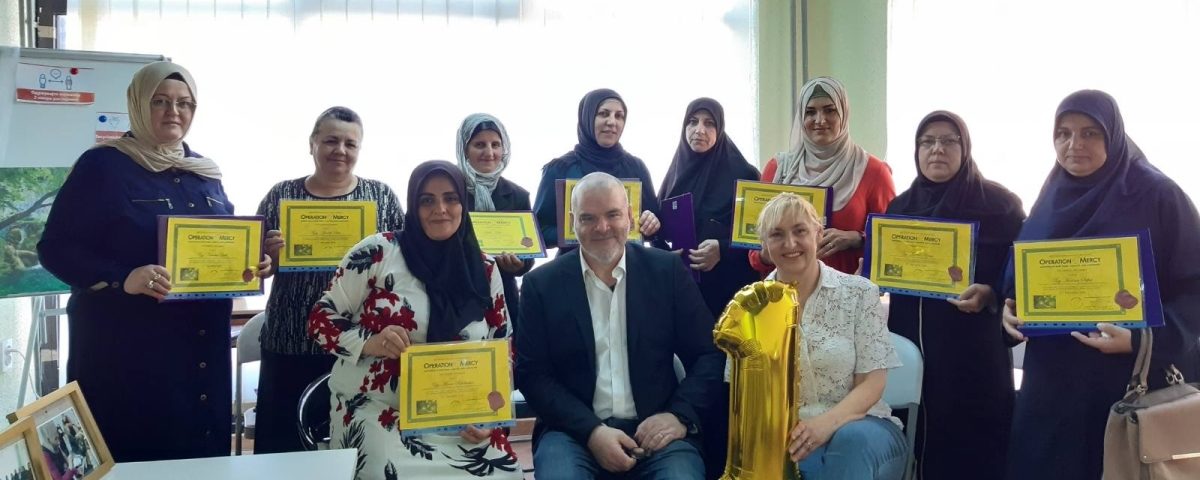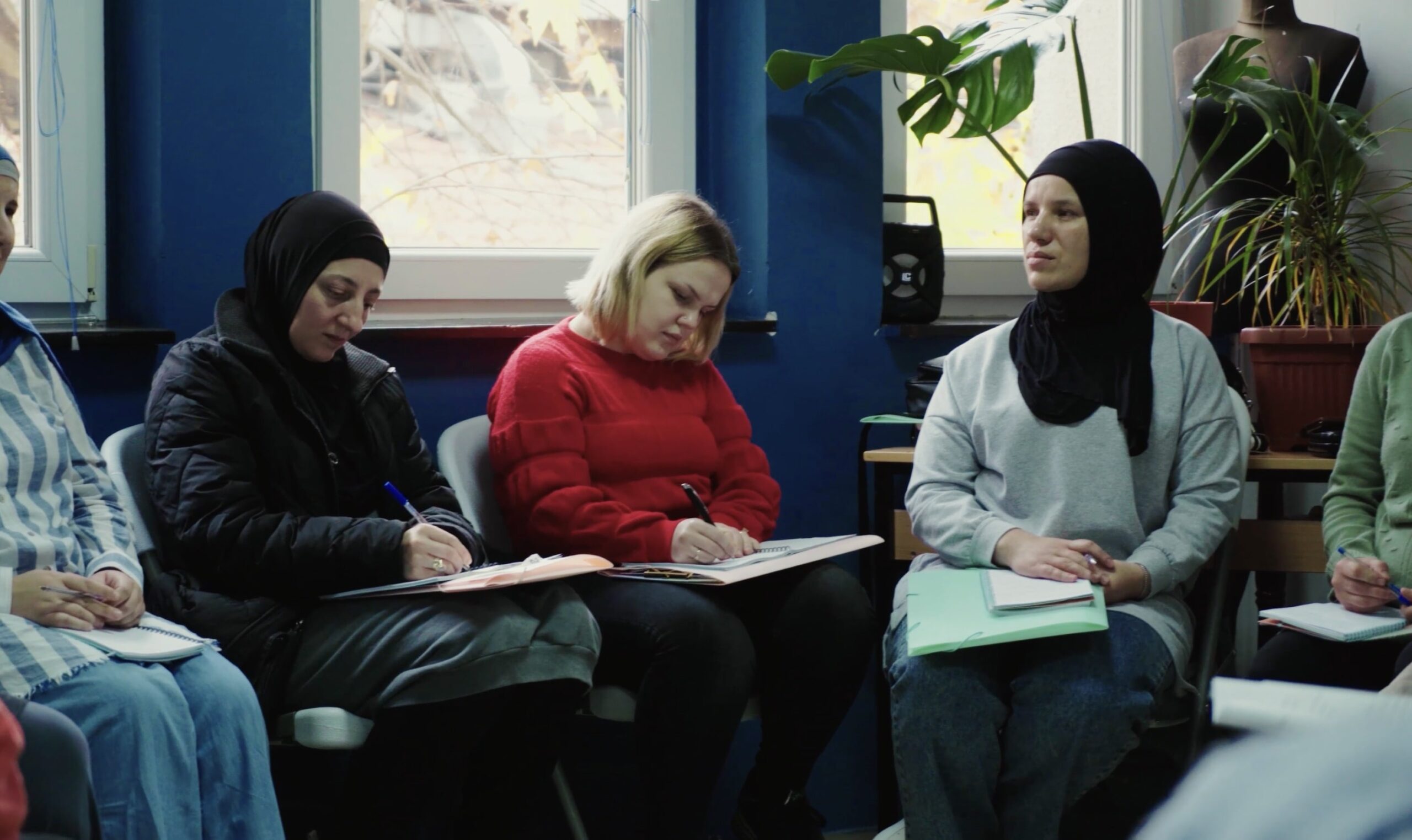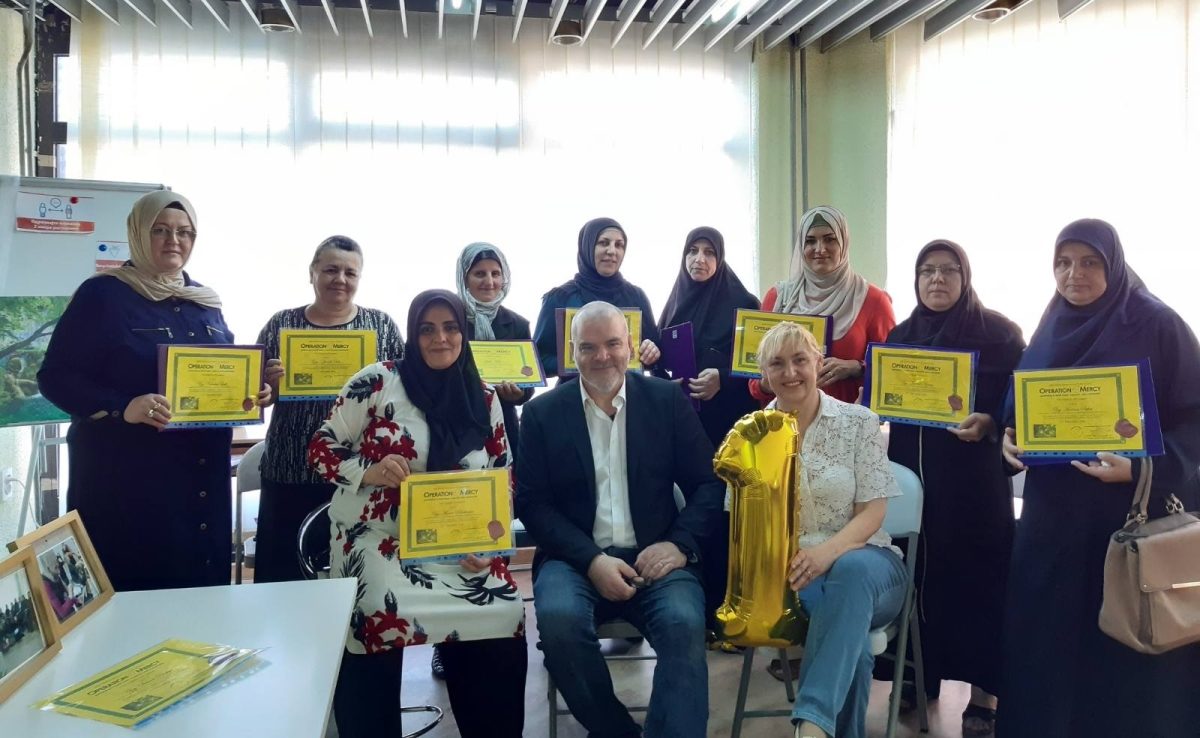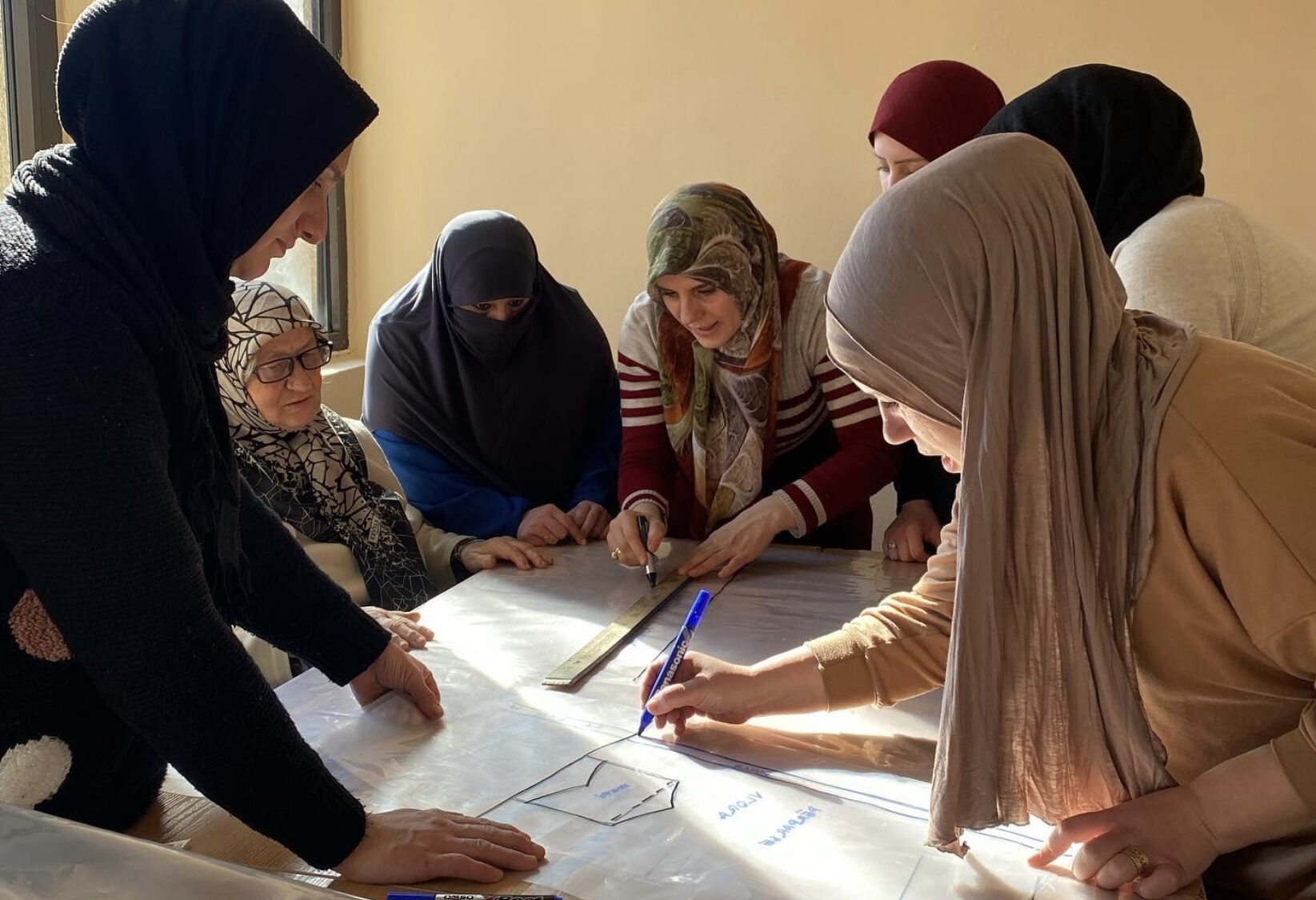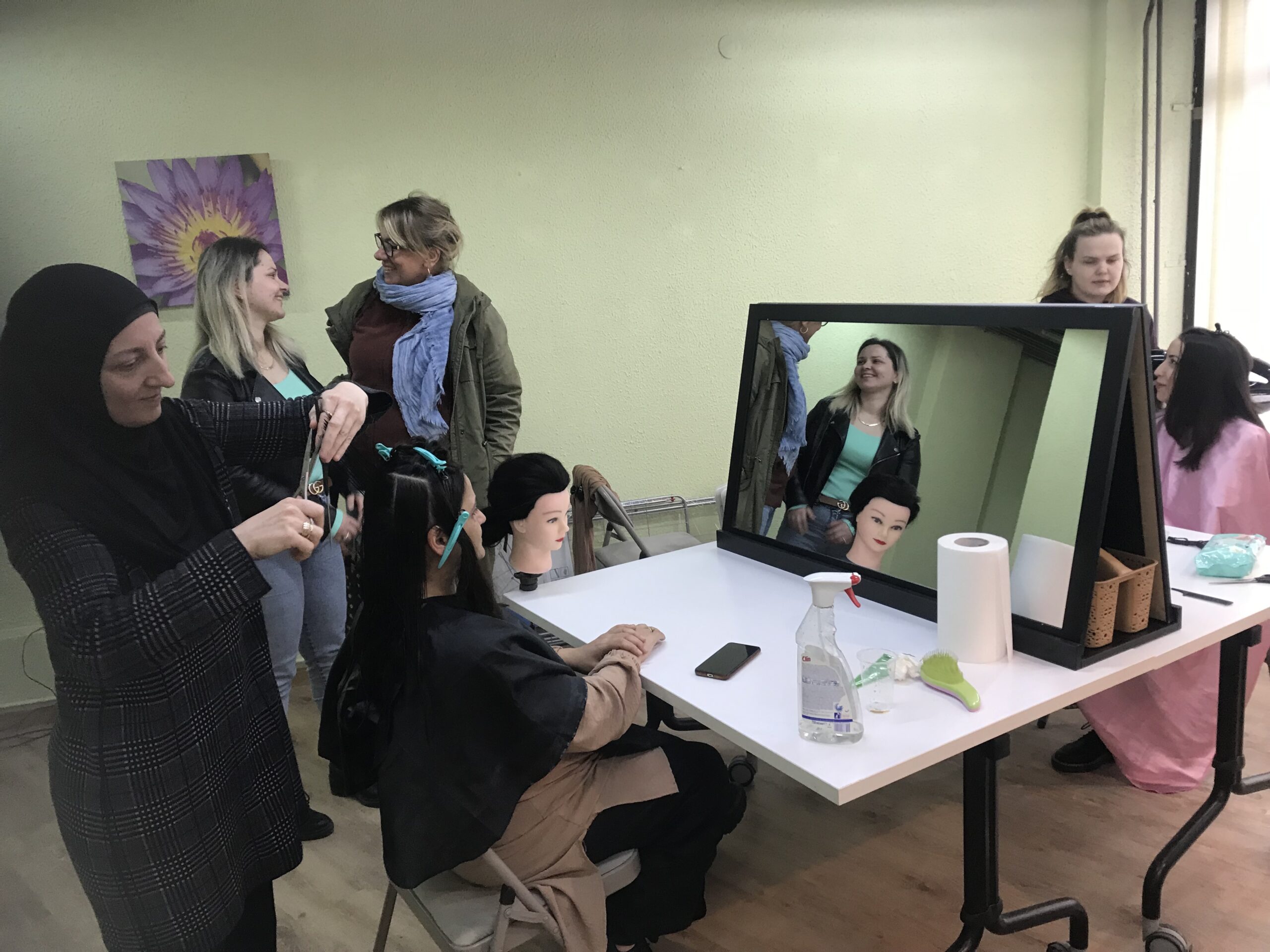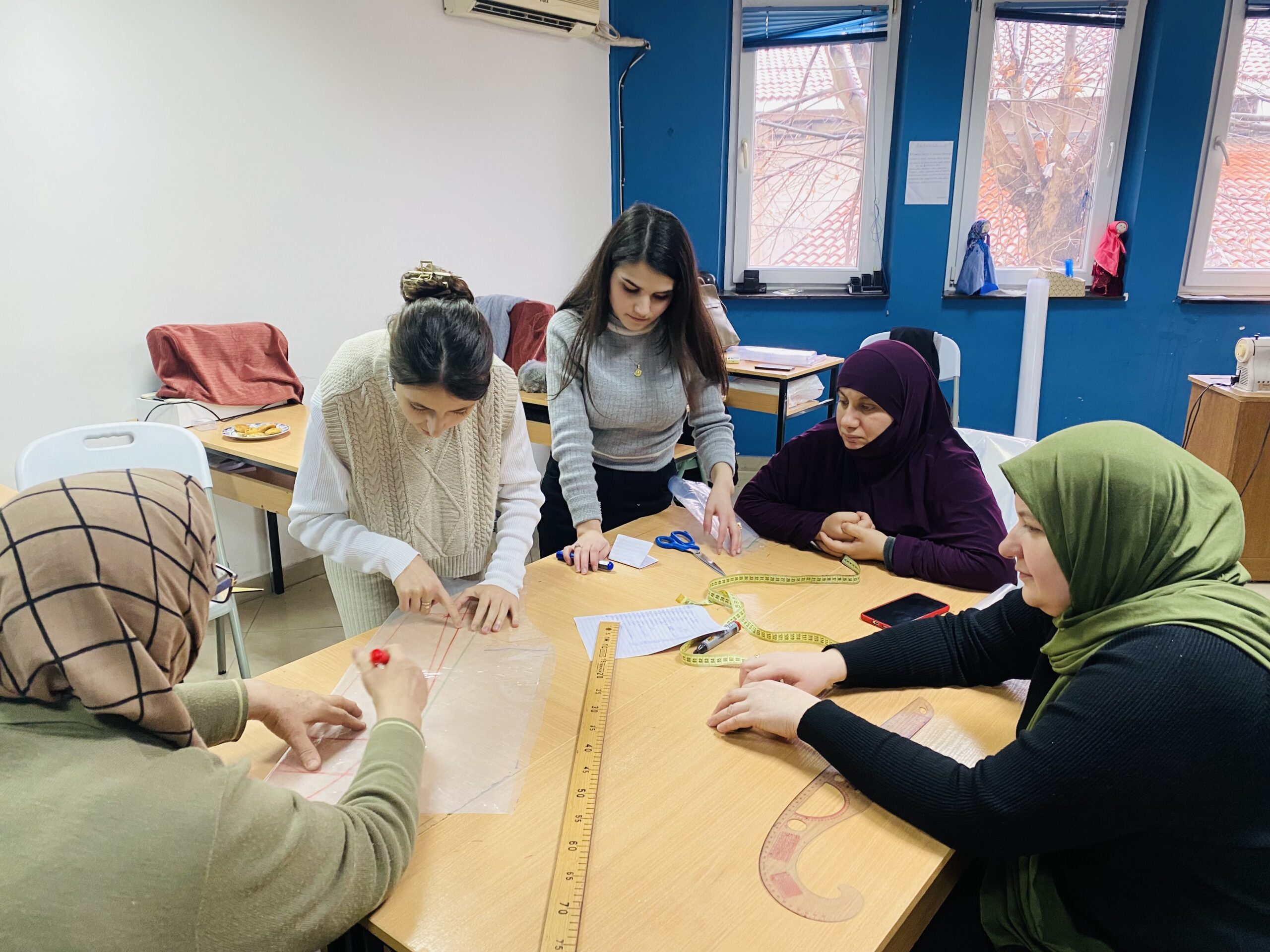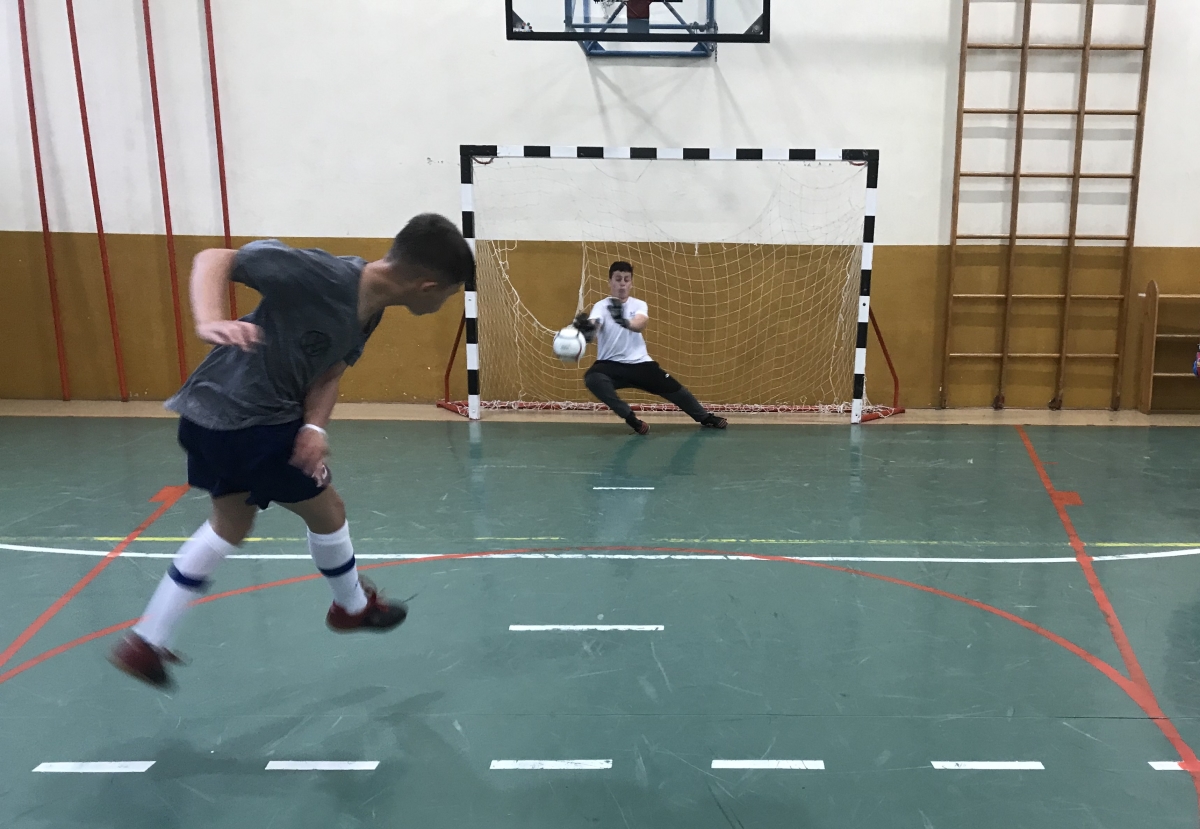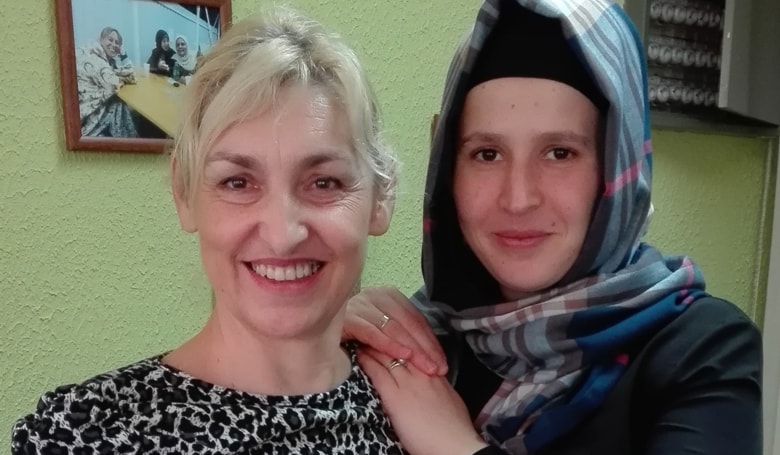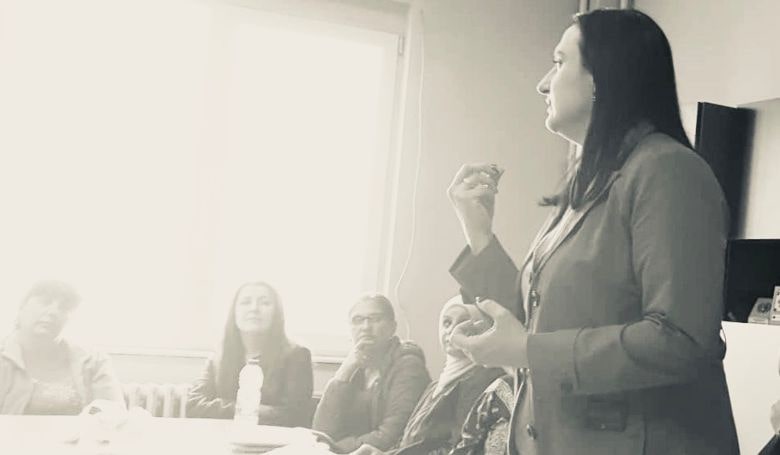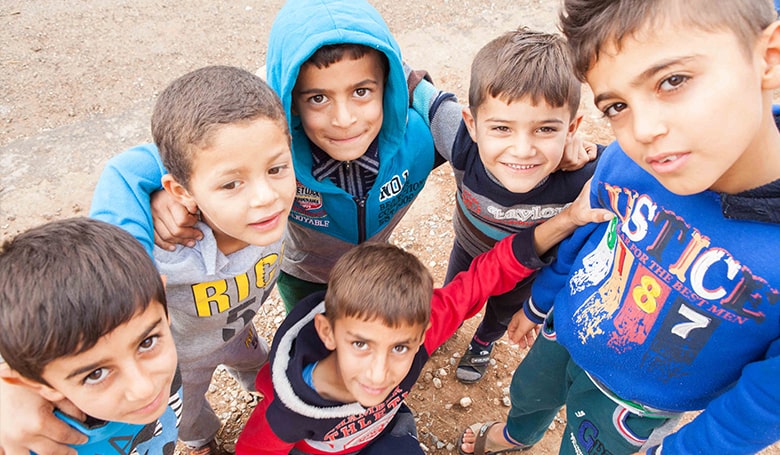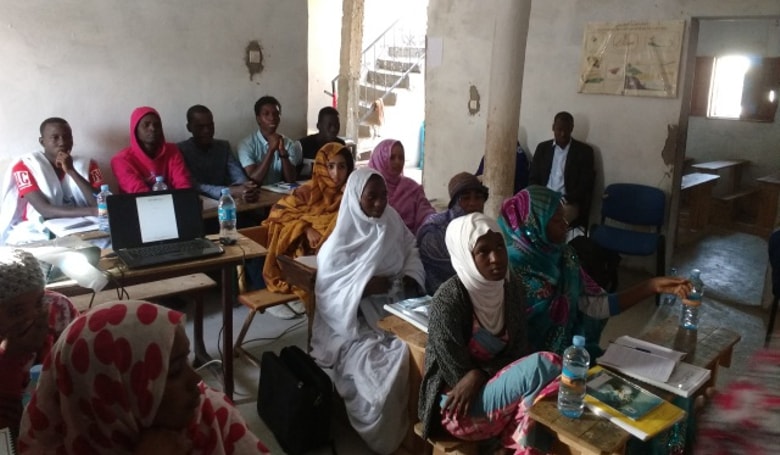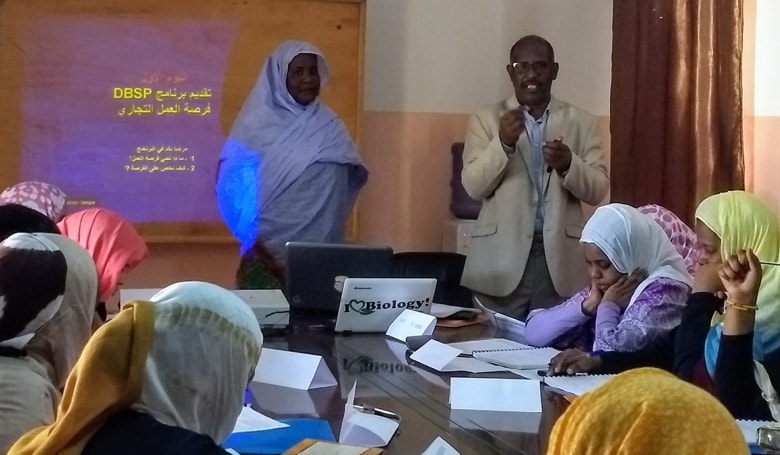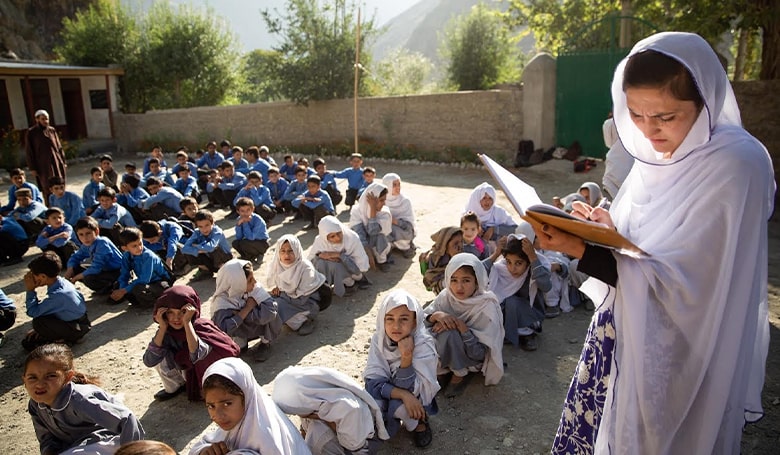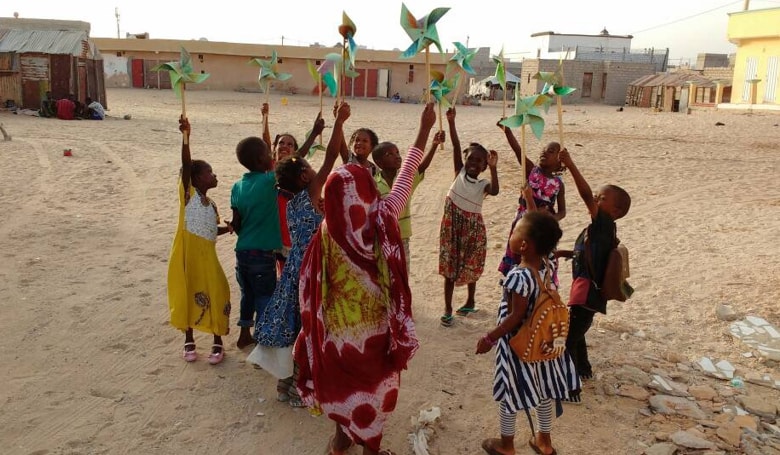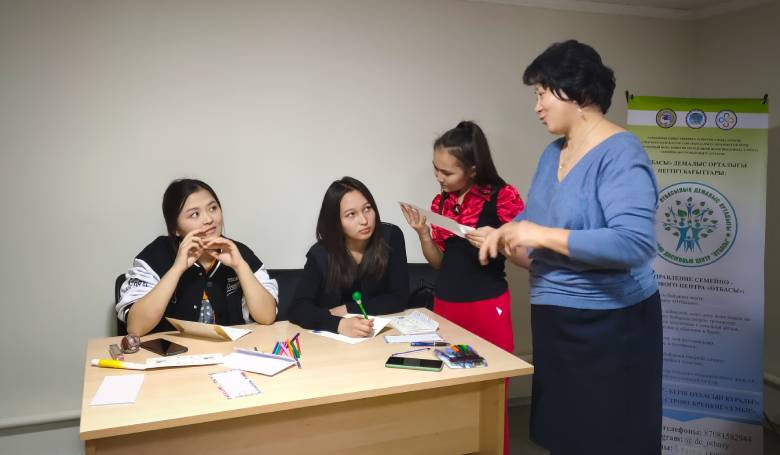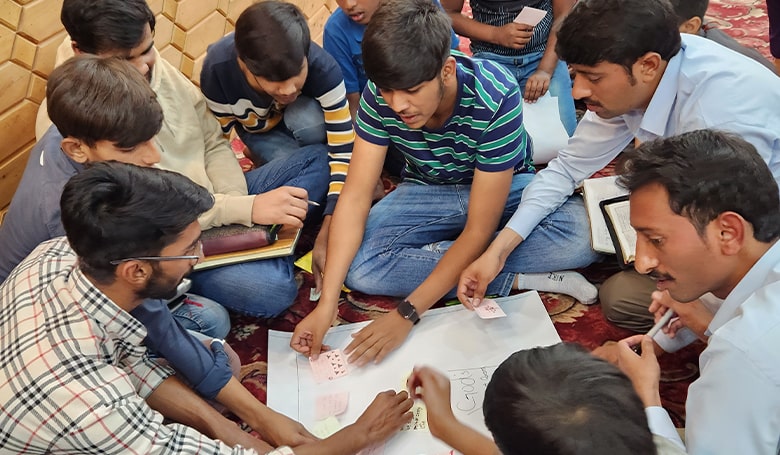The first cycle of the Skills Training Empowerment and Practice - STEP program had been interrupted with Covid. Nine months had stretched to 20 months, with forced stoppages, interruptions, and fear from the community to come out and continue. Somehow, we came to a point where we could hold the first graduation from the project program. Looking around at the group, however, it was clear that beautiful stories had been distilled out of the larger group of participants who had begun the STEP journey back in the autumn of 2019.
The challenge then had been for women to “Take the STEP” and make a move forward in a context where 90% of women did not contribute to the family cash income, and nearly half the men were unemployed. Now, in mid 2021, we could see the footprint of that first step. Several of the ladies had begun employment of various kinds. Three had begun to style and cut hair while another had started a cake decoration business. Others were sewing from home and yet another had joined our staff as a coach. But beyond building capacity, lives had been touched deeply. Some of the women had come to us from craters of recent trauma and loss. Others came with little confidence, family challenges, and simply the willingness to try and see if life could be better. Still others came just with a dream, never realized. Enjoying the milestone and goodwill of the graduates, our staff are proud to have been part of the changes and hope in the lives of this graduating class. Value, dignity and God-given gifts had been recognized and gold nuggets of transformation were here on display.
Looking forward, of course, we want to learn from our mistakes. Some things could definitely have been done better. This group however had been a memorable first class and more a foundation and an indicator that things could go right or at least better in this very poor community, existing so close to the door of Europe (EU). So, we plan to keep moving ahead and to do better for the next STEP generation. But this first STEP program also could provide some kind of blueprint for ways to touch the wider spectrum of a half-employed society.
Employment among young people is at crisis levels in the north side of the capital with 36% in no form of work by their early twenties. If traditional expectations, gender value and a legacy of ethnic inequality had left most women out of work, the plight of young adults, both men and women, is just as dire. Skills gaps in training, family breakdown, the lure of the diaspora or drugs, a default café existence for young men and blocked lives at home for young women are standard terrain in the city. For the young, the stock status is “N.E.E.T.” – Not in Education, Employment and Training*. Partnering with schools to provide motivation for Skills Training (vocational, business and life skills), Empowerment and Practice (S.T.E.P.) may not just be a recipe for women´s development, but also a tonic for the next new generation in crisis.
Looking forward, we have our ears to the ground, to listen to the community and discern a path of hope into the future.
* From the categories of the International Labor Organization



